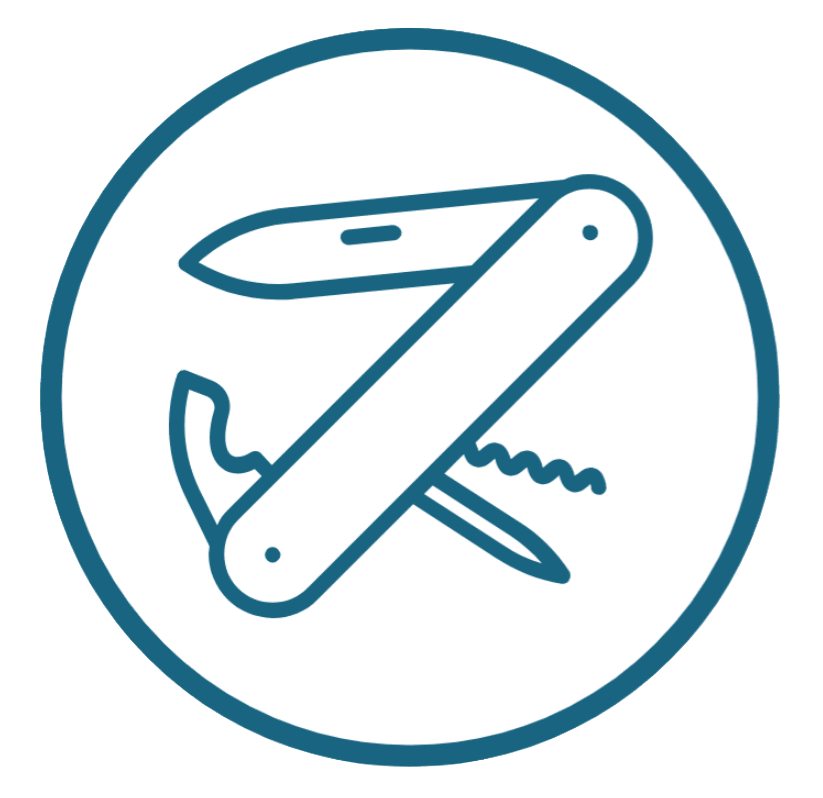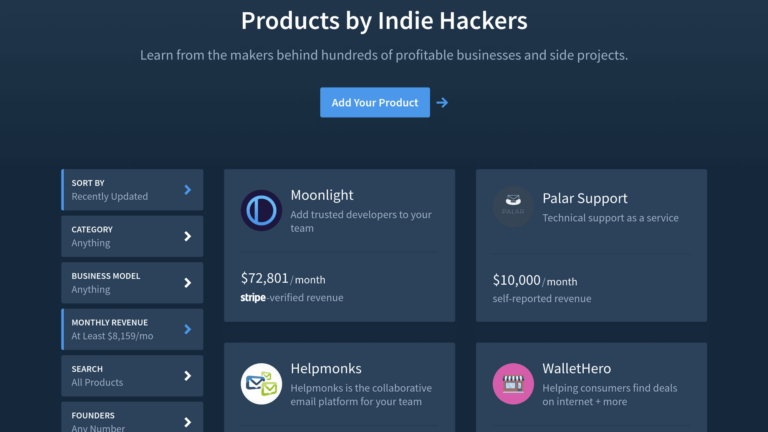Ranking Higher on SERP Without the Effort by Hacking Search Intent
Ranking higher on the Search Engine Results Page (SERP) used to be easy, in the mid 2000s. You just had to write good content and wait a few days.
Times have changed.
These days, it takes a lot of patience. You have to write the best content. You have to get a ton of backlinks to your page or blog. Then wait weeks or months. And even then, you might not rank!
And if, by some chance, you rank… you then have to protect your position.
Is this really the only way? I don’t think so.
Hacking Search Intent: The Experiment
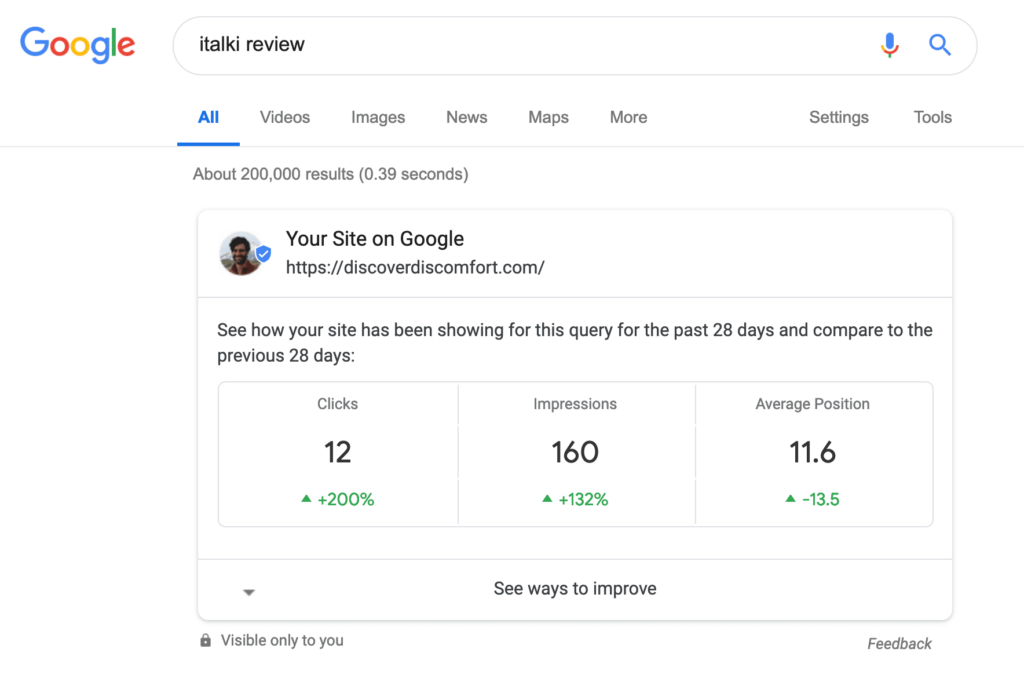
I have a post on our blog, Discover Discomfort, which is a review of italki.
Every sale of italki gets us a small amount of money, and I noted we were ranking on page 3 for the search term “italki review”, even though I thought my review was the best out there.
Knowing that two thirds of traffic goes to the top two ranked positions, how could I rank higher?
I wondered: Surely if people find my review on page 3, they’ll know it’s the best. Google watches every click we have on their page — even the way our mouse moves around. They know how long we stay on pages and what we do there.
So can’t Google figure out that people will love my review from behaviour?
And thus show it to more people?
Conventional wisdom says that after writing great content and doing on-page SEO, I need to do off-page SEO. This usually means more backlinks from authority sites.
But that would take ages.
I wondered… was there a cheap and easy way to get us to rank higher, so we’d get more clicks? So I did a quick experiment and concluded: yes, there is a quick way to rank higher, with the help of friends, by hacking “search intent”.
What is “Search Intent”?
Briefly, search intent is what the user intends to do by searching for a term.
Search Intent is important for Google to figure out, so it can show users what’s most relevant for their search.
It’s important to publishers who want to rank higher for the most relevant keywords for their content.
For example, if I search for “what SLR Camera to buy in 2019 for under $1000 online”, I definitely am going to buy a camera online. It’s plain as day.
If I search something vaguer though, like “SLR cameras 2019” my intentions might be vaguer. I might be intending to search for
- What SLR camera to buy, as above
- Some general statistics on SLR cameras for a blog post I want to write
- Reminding myself of a new model that just came out that I forgot
- Marketplace research for a competitive analysis I’m doing for work
Or some other related thing. So how does Google know what to show me on page one?
How does Google know what to show first for any given search term?
I.e. how does Google figure out search intent?
For example, let’s say you search for “SLR cameras 2019” and three websites come up (these are made up)
- Canon 7D vs Nikon 800D for Bloggers
- What SLR Camera to Use to Shoot the 2019 Superbowl
- The Top 10 Best SLR cameras of 2019
- SLR market and growth trends
- SLR camera rumours — What to Buy and When
Again, conventional wisdom says “backlinks”. Maybe social media referrals. But who’s doing that these days? Backlinks are precious. And Google can’t peer everywhere into social media — so much of it is hidden, too, like private shares in chat groups or on private pages that aren’t crawlable.
So Google tries to understand behaviour. It’s the same as if you’re wandering around in a store, looking for things, then staring at them, picking them up and buying them.
You might click on the first link, a blog post published recently, but then exit the page quickly when you realise it’s too specific. Google will note that you “bounced”. That’s not the page you’re looking for.
You might not even click on the second one. Google notes this.
You click on the third one. This is right. You stay on the page and read it, and maybe click through to a few more links on the same page. Bam!
You didn’t click on results 4 or 5 and were happy with your choice of the third one. Google records all of this.
Congratulations, you just told Google: “In my opinion, the third link is the best answer for my search term of ‘SLR Cameras 2019’.”
How to Hack Search Intent
This isn’t really hacking; it’s just understanding the way Google thinks and bending it to our will.
This is how I did it. I asked some friends to search for a term and to click on my website.
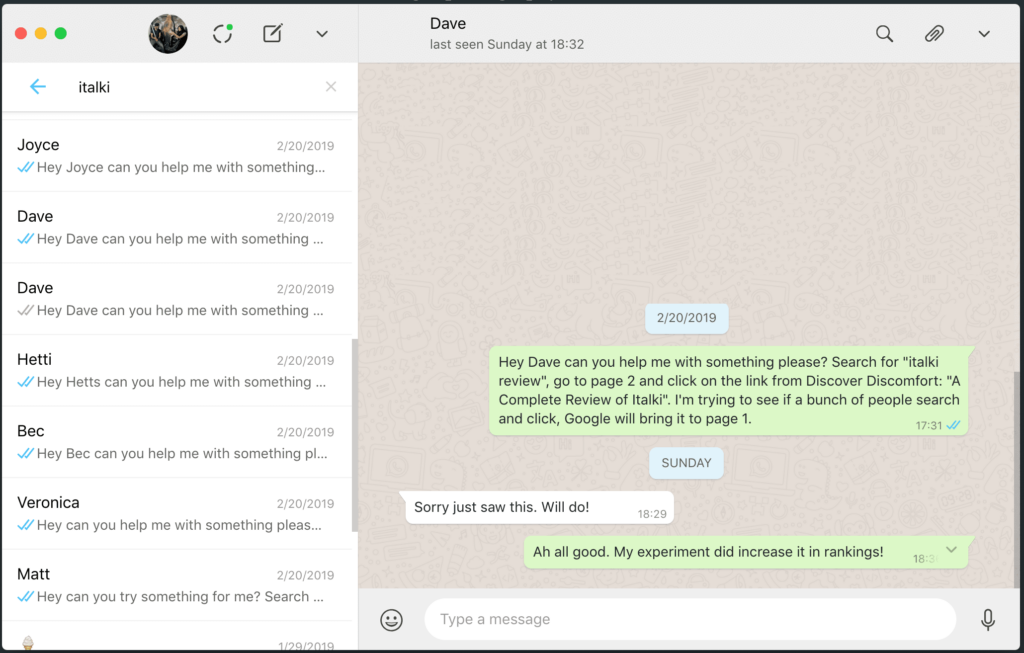
I gave really basic instructions:
“Can you please search for this term, “italki review”, find my link for Discover Discomfort on the second or third page and click on it?”
I then waited for them to do it. About eight of the ten friends I asked did, the others not seeing my messages or forgetting.
Results — Did it work?
Yes, it did. The results weren’t life-changing, but they were very obvious and measurable
1. Overall impressions to the review page went up, but not by much.
First, this is the effect of my friends overall on the traffic to the page for the italki review.
Overall impressions for that search term (to all pages, but just going to that page) went up dramatically after the 20th.
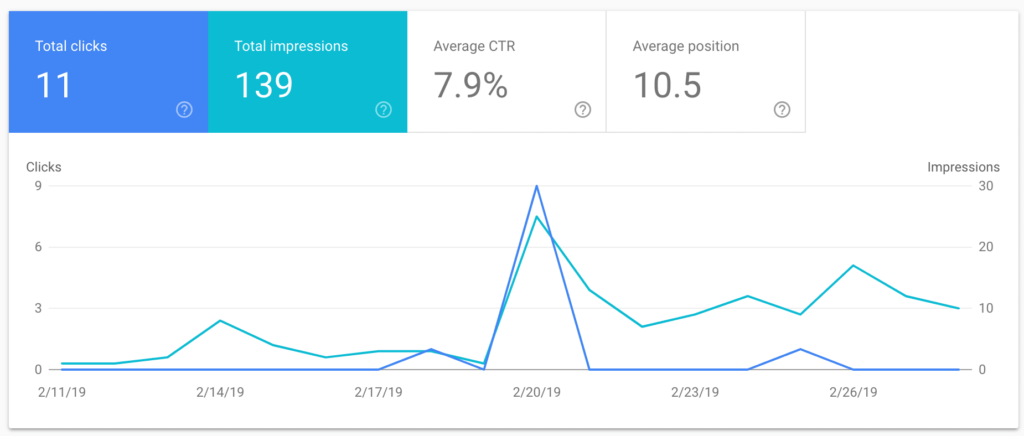
That spike on the 20th was my friends clicking (thank you, friends!). That was an extra ~8 or so clicks through search traffic. The longer-term result: Yes, impressions for that search term went up; but not by a huge amount.
2. But position decreased dramatically!
Average position for the page (for all search terms) moved from where it was hovering, around ~35, to around ~25. This is just at the bottom of page one of the results page, or sometimes on page 2 (depending on who is searching — it varies based on your search history, location, your search profile etc.).

Interestingly, position increased for other search terms, too, not just “italki review”. See the below two. I didn’t ask anyone to search for “italki” or “italki learn language”, but position dropped for both after 2/21. For “italki”, position dropped from about ~40 to ~25, and for “italki learn language” it dropped from about ~50 to about ~25.
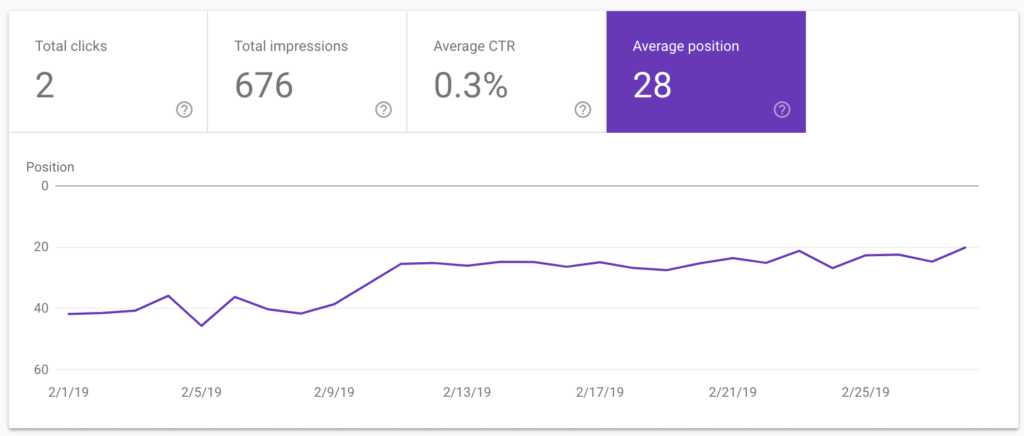
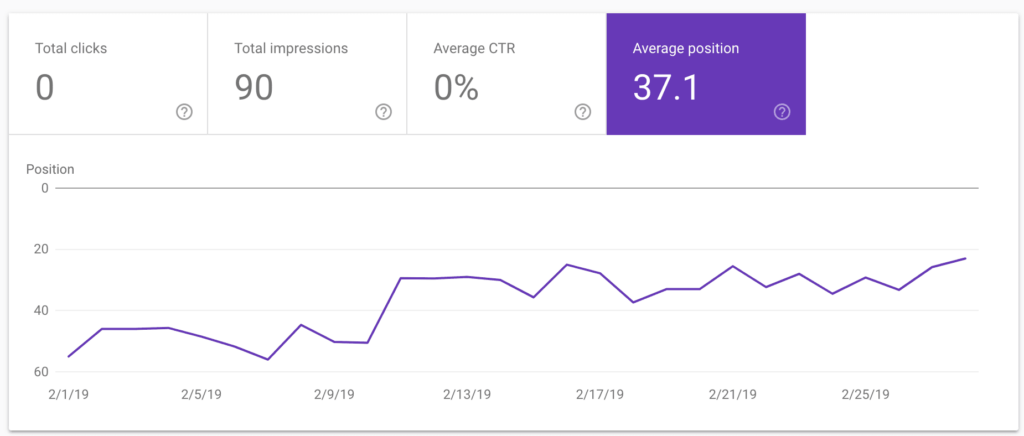
3. And impressions for that search term increased dramatically!
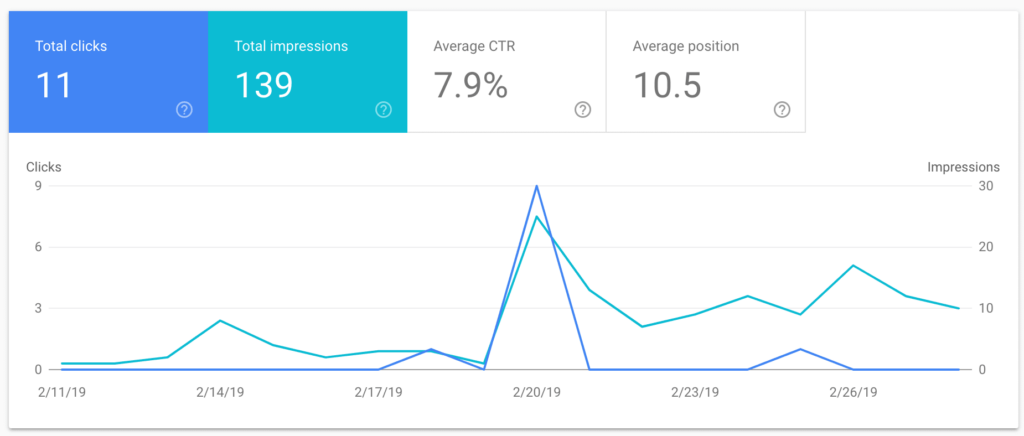
This is a dramatic change: while I would normally get around 0-5 impressions per day for the term “italki review”, the average number went up to about 10.
Analysis of the results
Overall this tells me a few things:
- Yes, you can modify impressions and search position by gaming the system and getting people to search for your website and clicking.
- When you tell Google that one search term is relevant, it generally improves the position of your page for other search terms.
- To be effective, you have to know the search terms that most get traffic to your website, and that you can most influence, and try to influence all of those.
- More research is needed to see if this is practical for search terms and results that can actually be monetized.
Next steps… do this in a more organised way
There’s a few things I want to change for second round of the experiment
- Start with the search terms for a page. The goal is to rank a page, so the smartest thing to do would be: find out what search terms are driving traffic to the page, then seeing what volume those terms are, and finally deciding what is easiest to influence.
- Increase engagement on each page. Make people simulate reading each page by staying on the page for a minute, and clicking through to another site
- Increase volume and consistency. Get a few people to do the same searches every other day or so.
- Do it for higher volume sites. Can we influence overall traffic for pages that get hundreds of searches a day?
